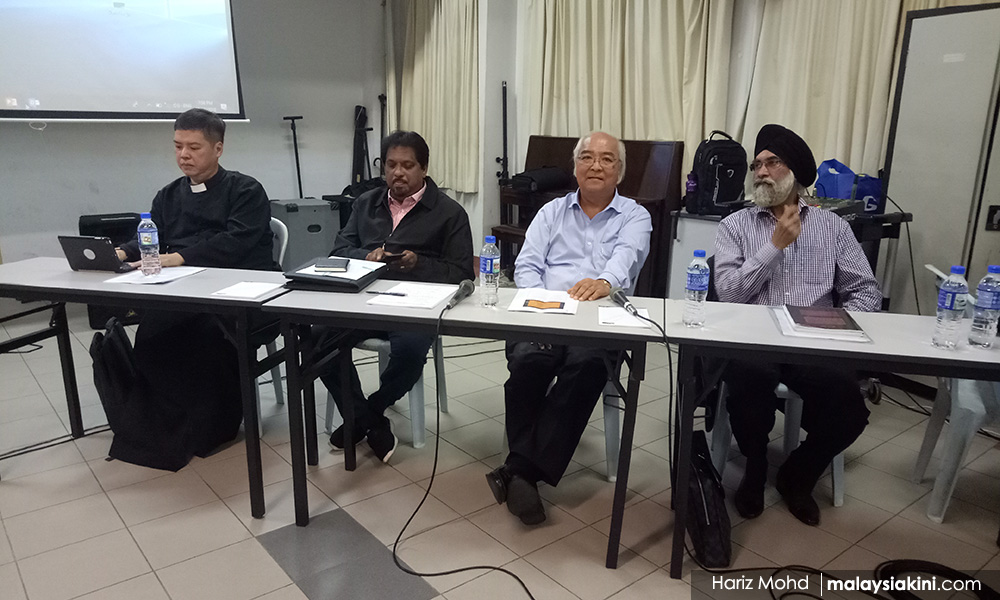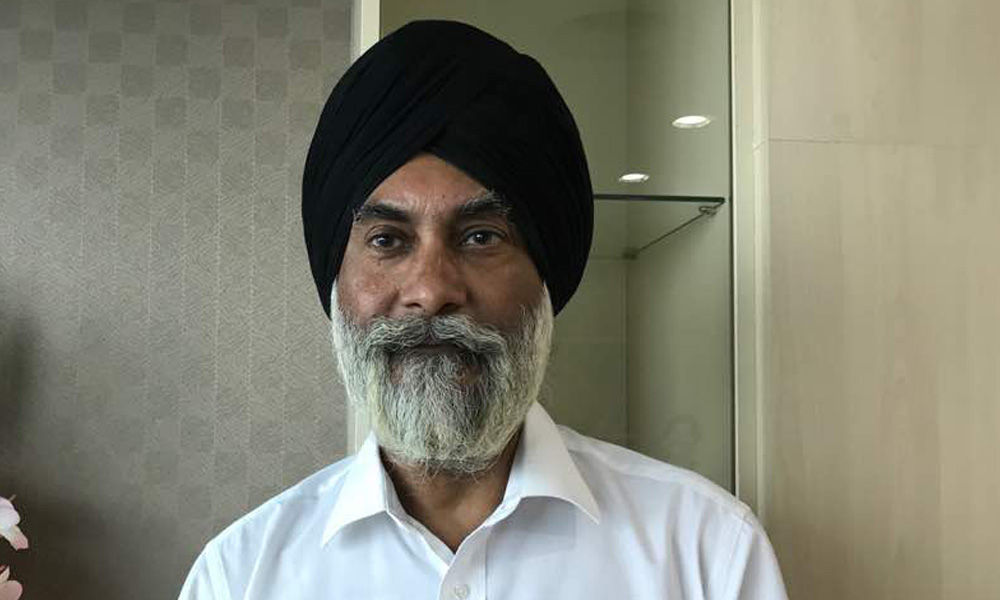
Three people, including two sisters, could have been sentenced to death as a result of false testimonies by "overzealous" cops, a retired judge told a forum on capital punishment last night.
Jagjit Singh, who was a Sessions Court judge, said he encountered the first case when he was a deputy public prosecutor 25 years ago.
In that case, he said, an accused drug trafficker was so close to be convicted under the Section 39B of the Dangerous Drugs Act, which carried mandatory death penalty, when a police raiding officer testified in court that the had confessed to the crime.
However, Jagjit told the some 100 people present at the forum in Petaling Jaya last night, that the accused's defence counsel, Mah Weng Kwai, managed to prove in court that the officer was lying about the confession.
He said during re-examination by Mah, the officer testified that he had read the caution statement from a piece of paper, which he then produced in court.
"He took the piece of paper from his wallet. It was attached to a telephone card. When Mah put to him that the piece of paper did not exist during the arrest, the officer did not budge, saying that he did read the statement from that paper.
"Mah then asked the officer to peel off the paper, which then showed the telephone card. It was a World Cup telephone card, which did not exist yet during the time of the arrest.
"Can we place our lives on such senior so-called dedicated officers? If not for Mah, an innocent life would have been lost," Jagjit said in presenting his argument on why the death penalty should be abolished.
Risks of executing the innocent
Jagjit (photo, below) was using the case of overzealous law enforcement officers as one of his points in support of ing the abolishment of capital punishment, saying that it was irreversible should an innocent person be condemned to death.

He said that in 2015, two sisters were arrested and subsequently charged with drug trafficking when a police sergeant claimed that he saw one of the accused was putting drugs inside a refrigerator during the police raid.
The women, then aged 19 and 21, were facing mandatory death penalty under Section 39B of the Dangerous Drugs Act.
"During police raid at their house in Johor Bahru, the girls' family was out on a fishing trip. It was their brother who was a drug addict, and possibly the drug they found was his.
"But a police sergeant testified that he saw one of the sisters placing the drug inside the refrigerator when he went to the back of the house.
"Luckily, the father, who I grew up with, called me upon learning about the arrest. I immediately went to the house and took photos of the scene, including the kitchen. These photos were then used in the High Court and led to the girls' acquittal in 2017," he said.
The photos, Jagjit explained, showed that it was impossible for the police sergeant to look into the kitchen as claimed, as it had curtains and also because of the darkness outside when the raid was conducted.
This proved that the sergeant was lying in his testimony, he said.
"Let me ask you, can we put our lives on these questionable, uncredible officers?"
Jagjit was one of the four speakers at the forum on 'Death Penalty - Is It a Deterrent?' organised by St Ignatius Church and Kuala Lumpur Catholic Lawyers Society.
It was held to discuss the federal government's plan to totally abolish the death penalty, which was part of Pakatan Harapan's manifesto for the 14th general election.
Three others who spoke were Mah, who retired as Court of Appeal judge in 2015, Reverend Michael Chua of Jesus Caritas Church and Prematilaka Serisena of the Sasana Abhiwurdhi Wardana Buddhist Society. -Mkini
No comments:
Post a Comment
Note: Only a member of this blog may post a comment.